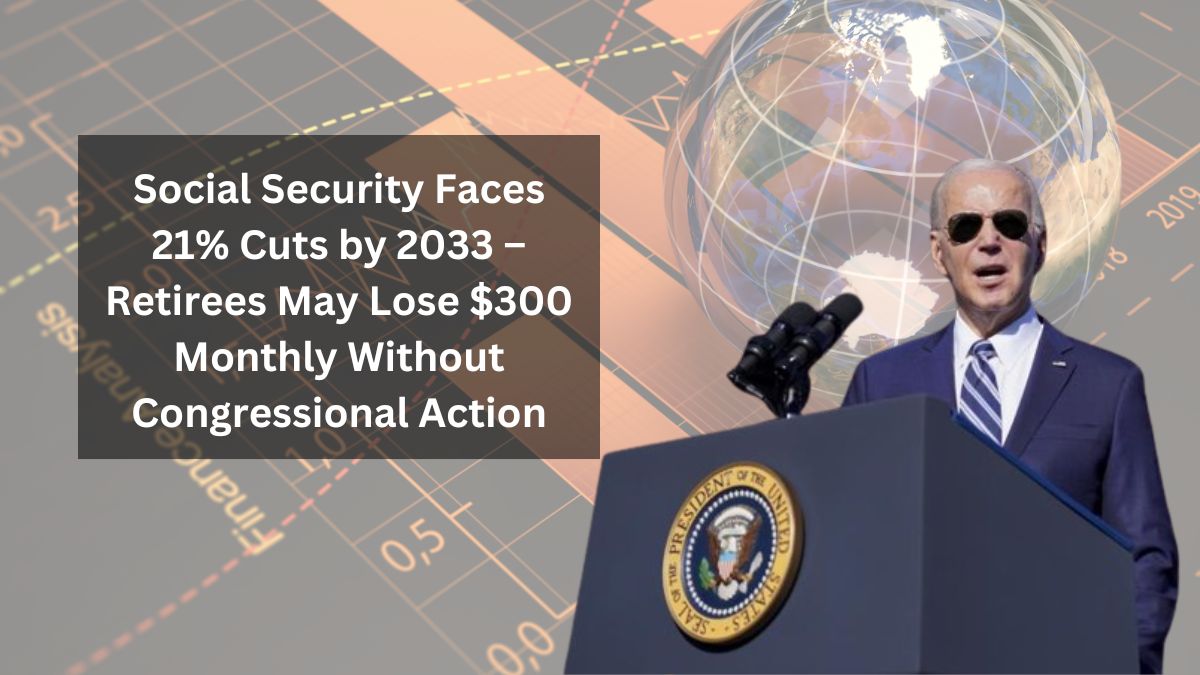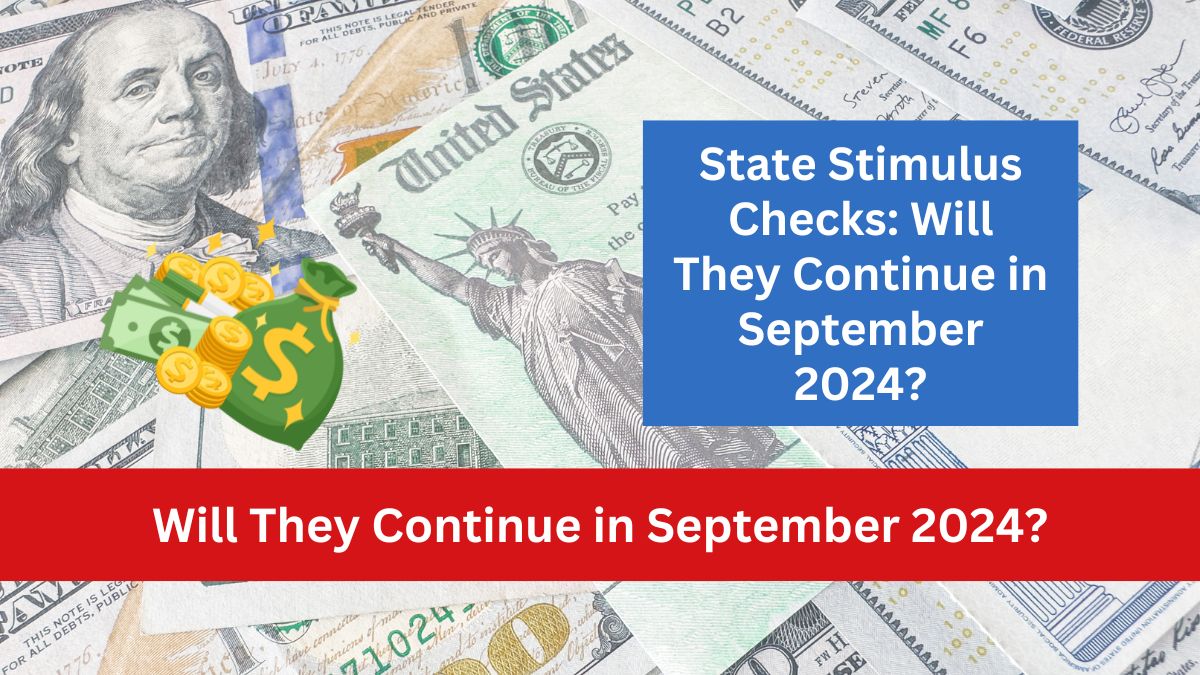Congress has less than a decade to address a critical financial shortfall in the Social Security program, which is essential for nearly 60 million retirees and their families.
A government report released by the Social Security trustees on Monday reveals that the retirement program’s trust fund is projected to be depleted by November 2033. If no legislative action is taken before then, Social Security benefits will be automatically reduced by 21%, leading to an estimated loss of $300 per month for retirees.
The Current State of Social Security
The latest projections offer some optimism due to factors such as higher-than-expected worker productivity and a decrease in projected disability claims. However, these factors have only slowed the depletion of Social Security funds compared to last year’s predictions, not halted it.

The program faces significant demographic challenges, including an increasing number of baby boomers retiring and a shrinking workforce that pays taxes to support these retirees. This imbalance, exacerbated by low fertility rates, is expected to persist for decades, although increased immigration provides some relief.
The Need for Congressional Action
Addressing the Social Security shortfall requires prompt congressional action. Possible solutions include raising taxes that fund the program, reducing retirement benefits, or a combination of both.
However, finding a politically acceptable solution has proven challenging due to differing goals across the political aisle.
Maya MacGuineas, president of the Committee for a Responsible Federal Budget, expressed concern about the lack of proactive reforms, stating, “When you see the two major candidates running for president tripping over themselves to promise what they won’t do to fix the problem, you have to worry, because those kinds of reforms really start at the top.”
Proposed Solutions
The Biden administration has pledged to preserve Social Security benefits. Treasury Secretary Janet Yellen, who leads the Social Security trustees, reinforced this commitment, stating, “Seniors have worked a lifetime to earn the benefits they receive.
We are committed to taking steps to protect and strengthen these programs that Americans rely on for a secure retirement.”
Different proposals have emerged from both parties. Congressional Democrats have suggested raising taxes on the wealthy to secure the future of Social Security, while Congressional Republicans favor altering the benefit formula and raising the retirement age for younger workers.
Nancy Altman, president of the advocacy group Social Security Works, argued against cutting Social Security, asserting, “But of course there’s no question that we can afford it. It’s really a question of values. And as polarized as we are, we’re not polarized on this.”

Altman remains hopeful that lawmakers will find a solution before automatic cuts take effect, warning that failure to act would have severe political consequences: “If they didn’t act, not only would they all be voted out of office, they wouldn’t even be able to stay in Washington. They’d be run out on the street.”
The Cost of Delay
Despite the urgency, delays in addressing the issue have already proven costly. MacGuineas emphasized the need for timely reforms, noting, “Every year the trustees warn us that we need to make changes, and the sooner we make them, the better and easier it will be. And every year we fail to make those changes.”
Other Social Programs
In contrast to the precarious state of the retirement program, the Social Security trustees reported that the program supporting disabled individuals appears financially stable over the long term.
Additionally, Medicare’s financial outlook has improved somewhat over the past year, thanks to a strong economy and lower-than-expected spending. However, Medicare, which provides healthcare to nearly 67 million people, is expected to face its own financial challenges by 2036.
Conclusion
The pressing need to reform Social Security and Medicare highlights the importance of timely and effective legislative action to ensure the sustainability of these vital programs.
The upcoming general election will play a crucial role, as the new president will be instrumental in shaping the future of these programs.
Q1. What will happen if Congress doesn’t act to address the Social Security shortfall?
A. If Congress does not take action, Social Security benefits will be automatically reduced by 21% by November 2033, resulting in a significant loss for retirees, potentially as much as $300 per month.
Q2. Why is Social Security facing a financial shortfall?
A. The shortfall is due to demographic challenges, including an increasing number of retirees, a shrinking workforce contributing to the system, and low fertility rates. These factors are straining the Social Security trust fund.
Q3. What are some proposed solutions to fix the Social Security shortfall?
A. Proposed solutions include raising taxes on the wealthy, altering the benefit formula, and raising the retirement age for younger workers. These solutions are being debated by lawmakers.
Q4. Will all Social Security beneficiaries be affected by the 21% cut?
A. Yes, all beneficiaries, including those receiving retirement, survivor, disability, and Supplemental Security Income (SSI) benefits, will be affected if no action is taken.
Q5. Is there hope that Congress will act to prevent the cuts?
A. Many advocates and policymakers are hopeful that Congress will find a solution before the automatic cuts take effect, but timely action is crucial to avoid significant financial impacts on retirees and other beneficiaries.












